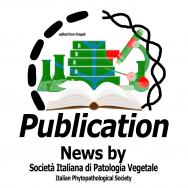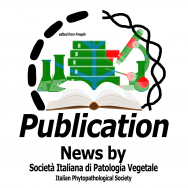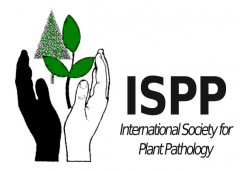Fungi-induced plant diseases affect global food security and plant ecology. The biotrophic fungus Ustilago maydis causes smut disease in maize (Zea mays) plants by secreting numerous virulence effectors that reprogram plant metabolism and immune responses. The secreted fungal chorismate mutase Cmu1...
Transmission of plant viruses by aphids involves multi-trophic interactions among host plants, aphid vectors, and plant viruses. Here, we used small RNA (sRNA) sequencing to visualize the sRNA response of Myzus persicae to two plant viruses that M. persicae transmits in different modes: the...
Many plant‐pathogenic Xanthomonas rely on the secretion of virulence transcription activator‐like effector (TALE) proteins into plant cells to activate plant susceptibility genes to cause disease. The process is dependent on the binding of TALEs to specific elements...
Because of the need to provide food for the growing population, agricultural activity is faced with the huge challenge of counteracting the negative effects generated by adverse environmental factors and diseases caused by pathogens on crops, while avoiding environmental pollution due to the...
Plant “nucleotide-binding leucine-rich repeat” receptor proteins (NLRs) detect alterations in host targets of pathogen effectors and trigger immune responses. The Arabidopsis thaliana mutant pen1 syp122 displays autoimmunity, and a mutant screen identified the deubiquitinase “associated...
This Standard is based on ISPM 11 (FAO, 2013) Pest risk analysis for quarantine pests, ISPM 3 (FAO, 2005) Guidelines for the export, shipment, import and release of biological control agents and other beneficial organisms, EPPO Standard PM 5/3 (EPPO, 2011) Decision‐support scheme for...
Plant pathogens have optimized their own effector sets to adapt to their hosts. However, certain effectors, regarded as core effectors, are conserved among various pathogens, and may therefore play an important and common role in pathogen virulence. We report here that the widely distributed fungal...
The basidiomycete Ustilago maydis causes smut disease in maize (Zea mays L.) by infecting all plant aerial tissues. The infection causes leaf chlorosis and stimulates the plant to produce nutrient-rich niches, i.e., tumors, where the fungus can proliferate and complete its life cycle. Previous...

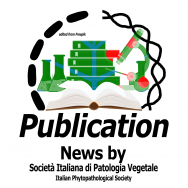
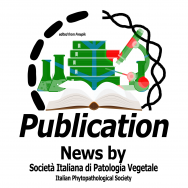
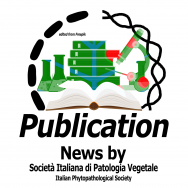
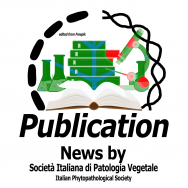
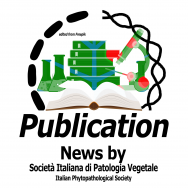
_Decision‐support_scheme_for_import_and_release_of_biological_control_agents_of_plant_pests-SIPaV.jpg)
